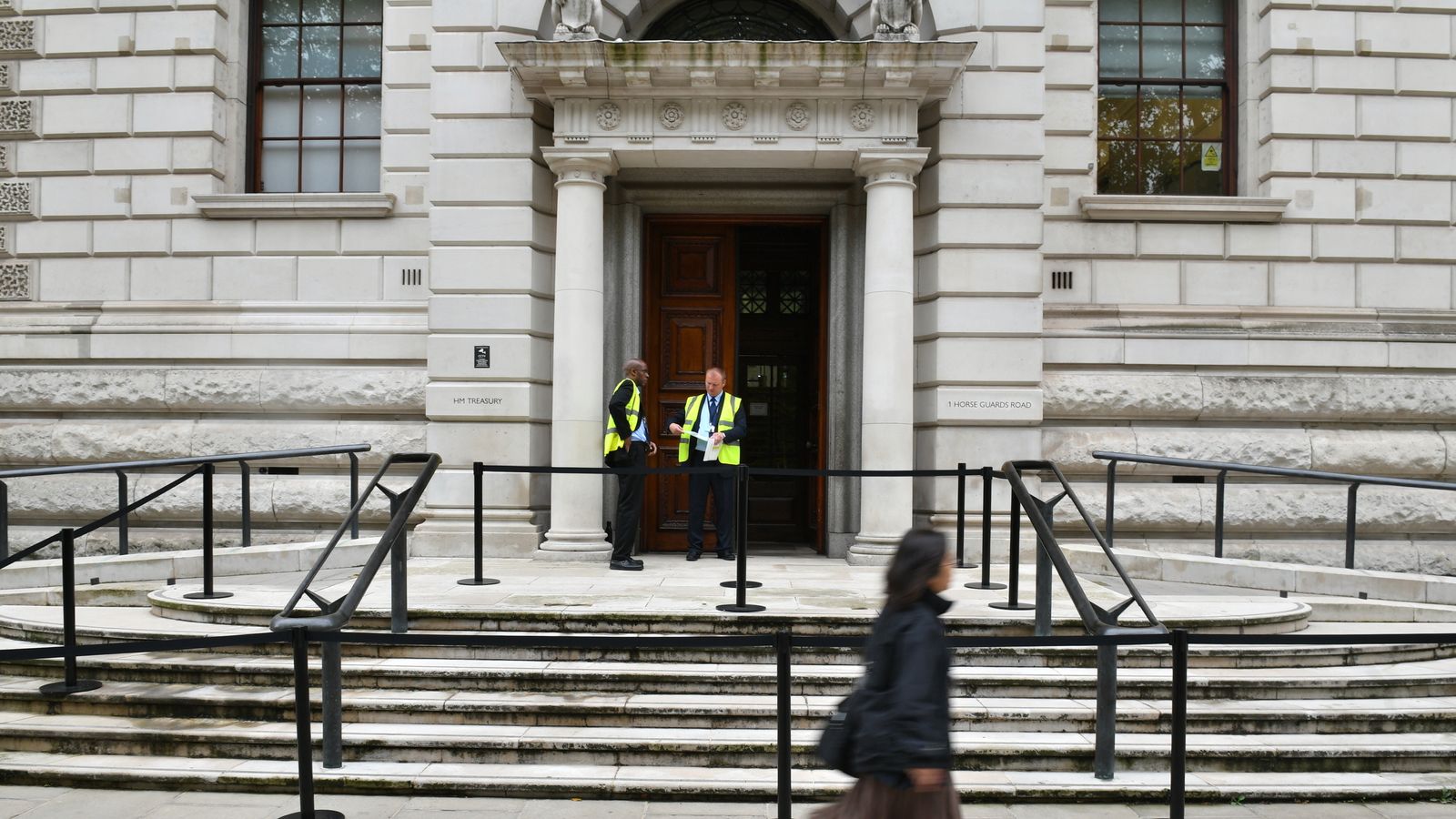
Although it’s still in its infancy, decentralized AI could be the answer to many technological concerns.
The field of artificial intelligence (AI) is taking the world by storm, but many people have found themselves looking up at the sky, wondering where all the rain came from.
Those who didn’t realize the place AI already has held in our everyday lives are having a hard time understanding what further advancements mean for society as a whole.
Wrapping your head around the technology itself is a challenge for most, but it gets even more complicated when broken down. No longer are people just using the umbrella term artificial intelligence — they are saying narrow AI, superintelligence and artificial general intelligence (AGI). Companies are using the terms machine learning and deep learning when explaining the technologies they have incorporated to streamline their business practices.
The push to advance AI started long before the conversation about it did, and those advancements have benefited businesses across industries. The potential for what the future holds with this technology has been particularly enthralling for those in the Web3 space.
Irina Jadallah, co-founder of Ticketmeta — a nonfungible token-based ticketing solution and decentralized streaming service for sports events — told Cointelegraph:
“AI is fast becoming the biggest news of the century. From ChatGPT to Siri to Alexa and a million other AI apps and tools, virtually everything around us is influenced by AI, including the metaverse […] It has the potential to revolutionize the way we engage with and enjoy virtual worlds by facilitating more natural and intuitive interactions between users and virtual surroundings.”
But the impact of AI does not stop with the metaverse; it has already been proven that AI has the potential to revolutionize various fields, from marketing to finance. As exciting as it may be, the popularity of this technology, as Jadallah pointed out, now poses a rather significant question.
As it becomes more advanced and more desired by the public, it also becomes more expensive, enhancing the risk of centralization. This collective concern has created a new buzzword — decentralized AI.
Centralization vs. decentralization
As with all things, centralization is not inherently a bad thing, but it does pose some issues where AI is concerned.
When only a small number of organizations can afford to use the technology, they would be able to control how the technology advances, risking it becoming everything many people fear it to be.
Recent: Chinese police vs. Web3, blockchain centralization continues: Asia Express
This concern of centralized AI is one that many in the space are already discussing and working against. Marcello Mari, founder of SingularityDAO — an asset management company that uses AI for trading strategies — told Cointelegraph:
“If we keep developing artificial intelligence behind closed doors — by corporations that use it for marketing, military or centralized finance, which basically means killing people more efficiently, selling you stuff you don’t need, and making the rich richer — then the next artificial intelligence will probably reflect those same kinds of values, right?”
In contrast, decentralized AI could allow individuals to have more of a say in the products they use while having a broader range of models to choose from.
“This is why we even founded our company back in 2017 because it’s very important that we start thinking now about what the next AGI or superhuman intelligence will look like,” said Mari. “In order to make it benevolent, you want to have a decentralized layer so that the community can actually influence and be comfortable with the development of AGI.”
Decentralized AI could incorporate blockchain technology, which already has a reputation for security and transparency.
“Blockchain technology is a safe and open system for monitoring information and ensuring it stays unaltered,” said Anna Ivanchenko, co-founder and CEO of Ticketmeta. “It’s used to create credibility and trust.”
People have a preference for public blockchains because they are often governed by the community and not a central authority. Code becomes law and adds a level of trustlessness that is not seen in other industries. According to CoinGecko, there are already more than 50 blockchain-based AI companies, with many people expecting this number to grow exponentially over the coming years. Companies such as Render, Fetch.ai and SingularityNET have led the charge in 2023.
Mari’s SingularityDAO is democratically governed by the community, who can have input into how their AI-DeFi model operates. People having a say is the main differentiating factor between centralized and decentralized AI. With centralized AI, the average user has negligible influence over how the AI models function.
Encouraging the community to take part in the development and direction of AI, allowing them to influence where it goes and what it does, will likely play a significant role in easing their concerns. Decentralized AI could very well make people more comfortable with AI as a whole, easing the transition of the technology into one that we use every day.
Of course, it’s never easy with new tech, and decentralized AI is no exception. It shares a common challenge with centralized AI, namely the “black box” problem, which involves a lack of transparency in how AI models operate and reach conclusions.

This opacity can understandably breed distrust. However, as Cointelegraph recently highlighted, there is hope: Explainable AI (XAI) and open-source models are emerging as promising avenues to address the black box issue in decentralized AI.
Benefits of decentralized AI
Decentralized AI enhances security in several ways. For example, by leveraging blockchain technology, it offers encryption and immutability, ensuring that data remains both secure and unchanged.
It can proactively detect anomalies or suspicious patterns in data, acting as an early warning system against potential breaches. The need for decentralization arises from its inherent design: Instead of having a single point of vulnerability, data is distributed across multiple nodes, making unauthorized access or tampering significantly more challenging.
Recent: AI can be a ‘creative amplifier’ — Grammy chief exec Harvey Mason Jr.
Decentralized AI is championing the cause of transparency and trust in a world that’s becoming more data-driven by the day. Traditional AI systems often suffer from opaque decision-making processes, raising trust and accountability issues. However, decentralized AI systems, like SingularityNET, stand out with their inherent transparency, recording every transaction and decision on the blockchain.
Despite still being in its infancy, decentralized AI provides hope of solving the aforementioned “black box” issue because of the inherent transparency that comes with blockchain technology.








